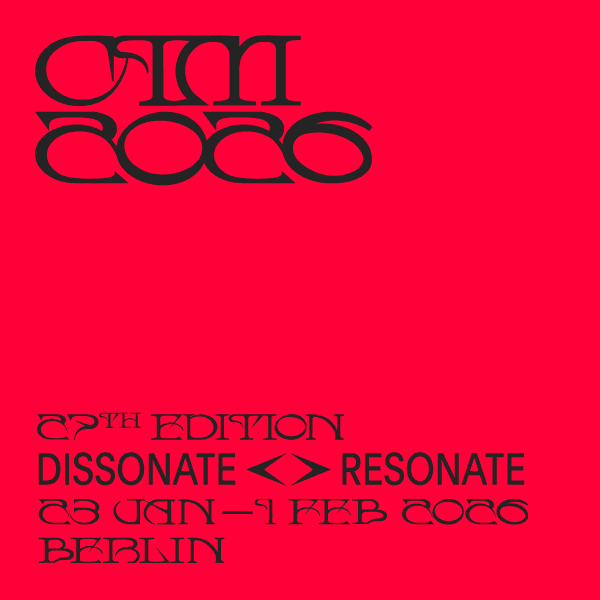The Danish Music Review
The Danish Musie Review
The Museum of Musical History
of Copenhagen Celebrates its 50th Anniversary
(1-9)
On the 31st January fifty years have passed since the opening of the museum of musical history of Copenhagen. The late professor, Angul Hammerich, Ph.D., took the initiative in establishing this museum. For many years Hammerich had studied old musical instruments, and in 1893 he also wrote the important paper on the 3000 year-old bronze-lures which are kept in the National Museum of Copenhagen. Strangely enough it was still possible without great difficulty to play on these very old instruments. By loans and gifts Hammerich succeeded in arranging an exhibition of all kinds of old musical instruments. This exhibition which formed the basis of the actual musical history museum, was held at the museum of industrial art of Copenhagen where it is still kept.
In the course of time the collection has grown to a considerable size, not only including all kinds of musical instruments but also an excellent special library and a large collection of portraits of musicians. Those in charge have of course to a great extent been interested specially in instrurnents and other objects connected with Danish musical life. Professor Angul Hammerich died in 1931 and was succeeded by Godtfred Skjerne, who is now the director of the museum. He is at present working on a new, comprehensive catalogue of the collection, as no catalogues have been published since 1909. In the years past the musical history museum has arranged a large number of concerts where the best artists have played on the old instruments.
A Musical Discovery
(10-11)
In this article Fritz Crome, the Danish composer, draws attention to the peculiar interpretation of the third movement of the Sonata in b sharp minor by Chopin given by Geza Anda, the young talented Hungarian pianist. Anda is of the opinion that at the repetition of the part of the movement cited on page 10 Chopin has simply forgotten an alla breve sign, and for this reason Anda always plays this part somewhat faster in the repetition. If Fritz Crome deals so thoroughly with this detail, it is due to the fact that many pianists of the past generation have completely neglected Chopin's habit of writing the repetition in full instead of using the repetition sign, and they have without further ceremony skipped the repetition in order that the movement should not be too long. On an earlier occasion Fritz Crome in D.M. published a letter (vol. 18, 1943, page 20) which he once received f rom Moriz Rosenthal, the great pianist. In this letter Rosenthal argues against the critical remarks set forth by Fritz Crome, the young music critic, in »Signale« against Rosenthal's omission of the repetition mentioned. Crome regards the solution of Anda, i.e. to play the repetition somewhat faster than prescribed, as satisfactory. In this way the demand for an exact perforinance is met, and at the same time it gives the movement the correct formal proportions.
The Expert as a Teacher of Singing in Schools
(11-12)
On the basis of an article in D.M. no. 9, 1947, written by Knud-Christensen, J. L. Emborg, the inspector of vocal training, writes about the expert's lack of qualifications as a teacher of singing in schools. Of course the singing-master must have a certain special education, but the main stress should be laid on child psychology and pedagogy without which the expert will be an amateur as a singing-master in schools.
Danish Mensural-Cantori Through
Thirty Years
(13-14)
On the 14th January, 1918, Julius Foss, the organist, founded the Danish Mensural Cantori, a choir exclusively interested in mensural music. In the course of the past thirty years the choir has arranged about 200 concerts both in Denmark and abroad, and everywhere its excellent performances of the old works have been appreciated. Most of these works have been sung by this choir for the first time after a lapse of several hundred years. The choir should be complimented for its admirable work in contributing in this way to extend the knowledge of these rare compositions.
On the Eighth January Professor K. A.
Wieth-Knudsen Celebrated his 70th Birthday
(14-15)
Professor K. A. Wieth-Kizudsen who has been a professor of political economy for the past twenty years is at the same time an active composer, having received his musical education in Germany, Italy, and France. His compositions include all kinds of music, from songs to symphonies and operas. However, his compositions are not modern in outlook, his works being much influenced by late-romanticism.
Miscellaneous
// page 15 Kristian Riis, the singing pedagogue, reviews a book by Knud Vikrot, the Swedish singing pedagogue: »The Voice, its Training and Care«, translated into Danish by Egil Forchhammer, Ph.D. Riis deals thoroughly with all details of the book which in his opinion has many advantages, but he emphazises that the author is unduly stressing the physiological side, and that he does not mention the close relationship between the physiological and psychological aspects, i.e. how it is possible by psychological understanding and treatment to obtain full naturalness of the voice.
// page 17 Frede Schandorf Petersen reviews the classical new editions of Bach's "Wohltemperiertes Klavier", vol. I and II revised by Chr. Christiansen, Händel's violin sonata revised by Thorvald Nielsen, and other publications by Wilhelm Hansen in Copenhagen which he considers to be of high quality. The same publisher has at last issued the first two symphonies of Carl Nielsen in pocket score, as well as a number of other Scandinavian works. - The most Danish of all Danish choir works, i.e. "Elverskud" by N. W. Gade has also appeared in the same size, but it must be due to a misunderstanding that the publisher has issued the work which has been reproduced on the basis of the German orchestral score, with German text, only. For this reason its importance to the Danes is considerably reduced.
// page 18 the same author reviews the violin concerto by Carl Nielsen, the great Danish composer. This concerto has recently been recorded with Emil Telmanyl, the violin virtuoso, as a soloist accompanied by the Royal Orchestra conducted by Egisto Tango. This is the first recording of one of the great orchestral works of Carl Nielsen. The recording has proved excellent in all respects, and it is to be hoped that this may contribute to securing Carl Nielsen, who in Scandinavia is mentioned on a level with Sibelius, a worthy place everywhere in the world of music as one of the greatest composers of the early 20th century.
// Niels Viggo Bentzon, the composer, whose Partita for piano was very well received at the I.S.C.M. festival in Copenhagen, has received the "Ancher Scholarship, an important Danish scholarship for young artists.
// John Frandsen, the young conductor, has been awarded the "artists' prize" of the Danish newspaper "Politiken", amounting to 10.000 Danish Kroner. John Frandsen very successfully conducted Benjamin Britten's opera "Peter Grimes" at the Royal Theatre of Copenhagen. (See D.M., 1947, no. 9, i)age 193).

